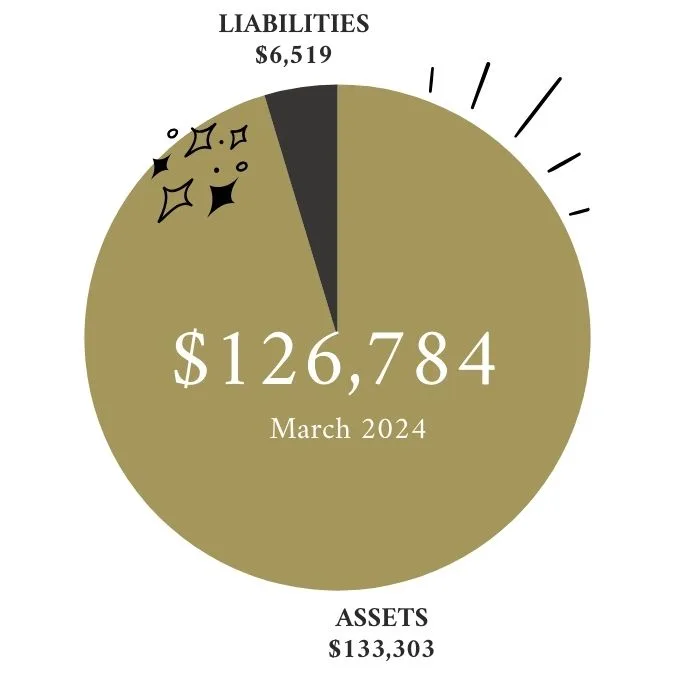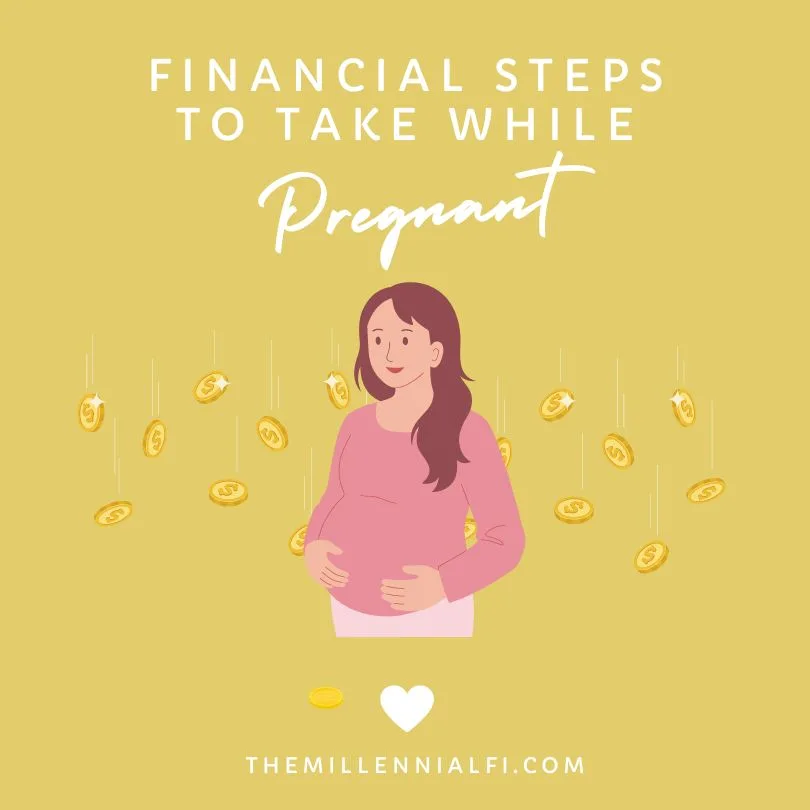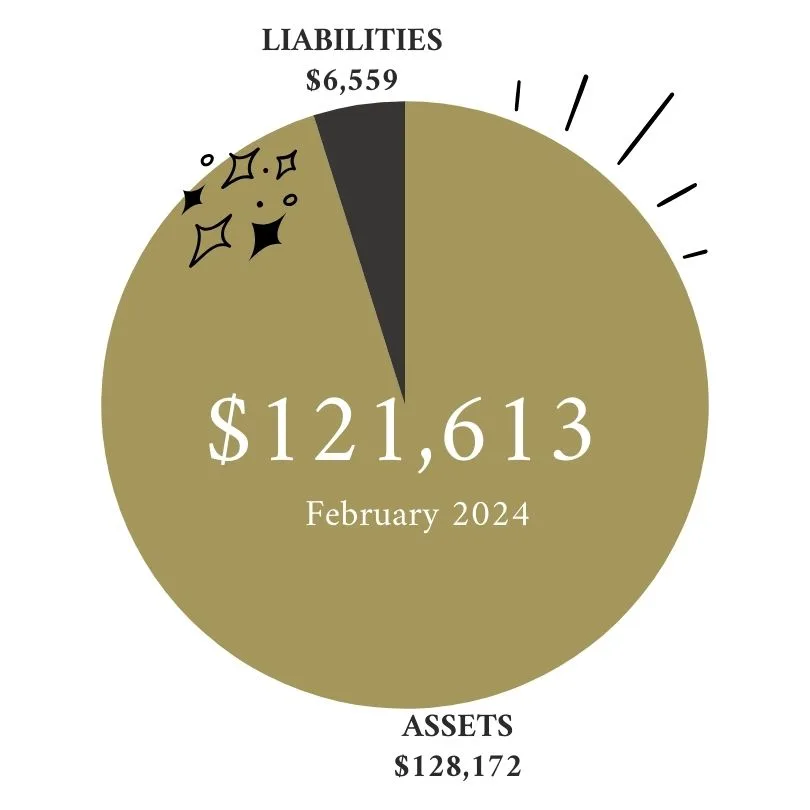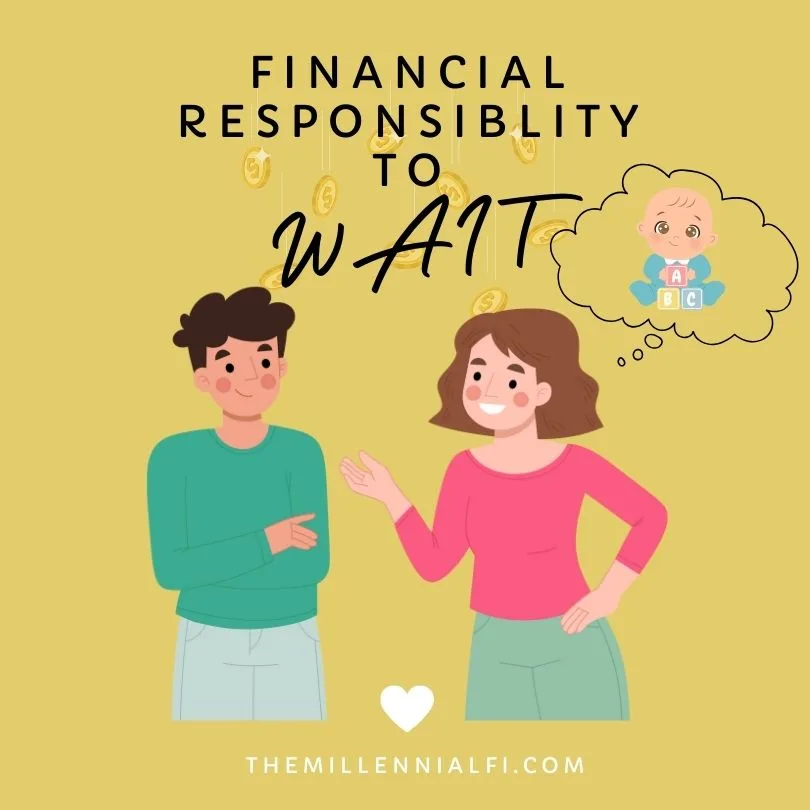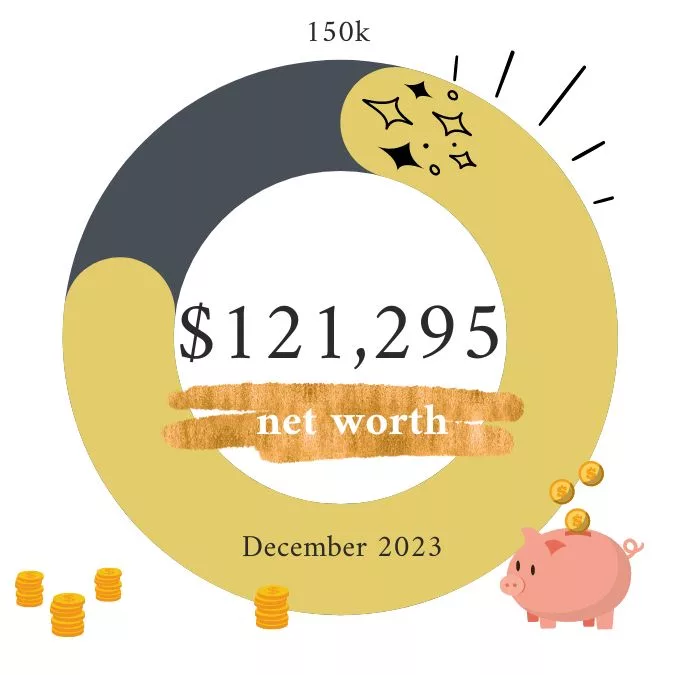The bane of treat culture. We’ve all been there. We had a bad day and went for a little pick-me-up after work. Be it alcohol, dessert, a sugar laden coffee, or retail therapy. Did we actually need it? Probably not, but you know what?
“I deserve it and am going to treat myself.”
A Millennial
At least that’s what we tell ourselves. Meanwhile our debt grows and cash shrinks in the inevitable fight to stay afloat.
Perpetuated by the overwhelming need to feel some sort of joy and escape the monotony of our every day lives, the idea that we “deserve” it when it comes to buying things in an attempt to fill the void has been colloquially deemed “Treat Culture”. This phenomenon isn’t regional based. It’s seen across multiple cultures and predominately as the tendency of Millennials and Gen Z. Indulging in small, everyday purchases as a way to cope with stress, anxiety, and the overall uncertainty of life in daily grind at times seems contagious.
There are a number of factors that have contributed to the rise of treat culture. One is bad habits passed down from prior generations (Boomers and Gen X) who historically were better off and had greater discretionary income for small purchases like these. The increasing cost of living is another factor, which has made it difficult for many Millennials. As a result, we may feel the need to “treat” ourselves more often in order to feel like that we’re getting some kind of reward for our hard work. Especially when many common hobbies are now financially outside Millennial’s reach, think travel, sports, gym memberships, art supplies, education, etc.
Another factor is the rise of social media, which has made it easier than ever to see what others are buying and doing. This can lead to feelings of FOMO (fear of missing out), which can make people feel like they need to buy more things in order to keep up. See our post on keeping up with the Jones and why “treats” are the opposite of what we should be doing to obtain financial independence. Unfortunately, it can be easy to overindulge, leading to feelings of guilt or shame, especially if we feel like we’re not “allowed” to indulge.
While I don’t actively subscribe to the “treat culture” mindset on this site and in our daily life, I understand that other millennials tend to prioritize it as a way of self-care, enjoyment, and experiences over traditional notions of financial stability or long-term investments. This mainly is a side-effect of the economic uncertainty we face in our daily lives. However this a temporary obstacle when working towards financial independence and can be overcome with shift in mindset, intention, and a exercise in self control.
I strongly believe that limiting “treats” and practicing discipline is the only way our generation will be able to get ahead in life. Even if we limit the treat to a $5 daily coffee, at the end of 30 years, had we saved the $5 and invested it in generic EFTs, we would have had around $242,000. Sure, we wouldn’t be able to do anything with it immediately but future us would. I’m a proponent for taking steps today to make our lives better tomorrow.
Do you subscribe to treat culture? Let us know on Instagram!



